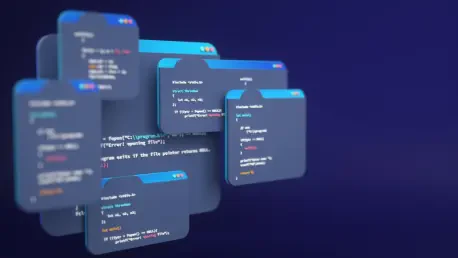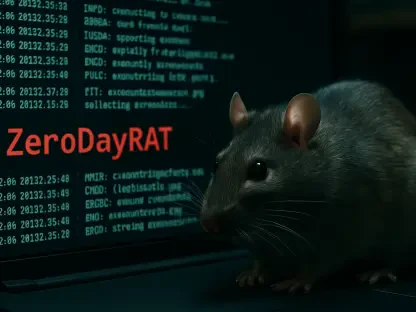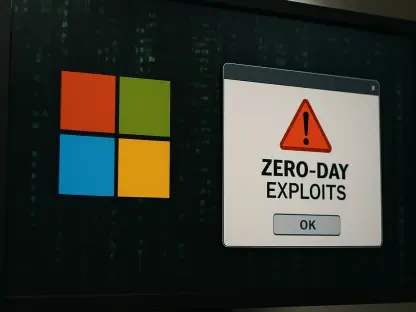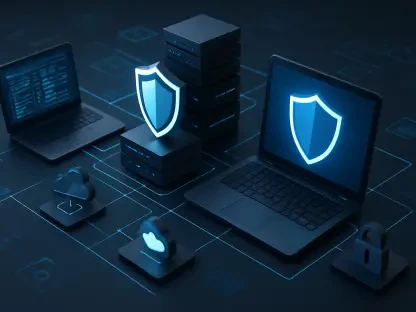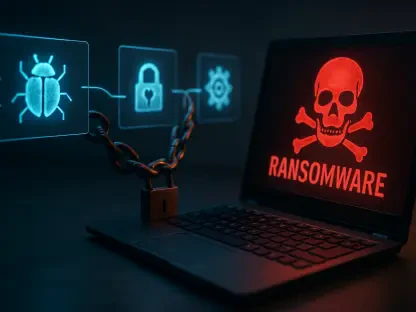In recent developments, ConnectWise has announced plans to rotate all code-signing certificates for its software platforms, including ScreenConnect, ConnectWise Automate, and ConnectWise RMM. Scheduled for June 13, this move comes on the heels of a nation-state attack disclosure, though the company asserts it is unrelated to this specific breach. Concerns raised by a third-party researcher regarding older versions of ScreenConnect prompted the rotation, reflecting ConnectWise’s commitment to proactively addressing security challenges. Furthermore, the company plans updates to better manage the configuration data in question, raising intrigue about whether these changes hint at a software vulnerability potentially requiring a CVE rating.
Understanding Recent Security Challenges
Exploring the Nation-State Threat
ConnectWise’s security landscape has recently become fraught with challenges, notably a severe vulnerability in ScreenConnect identified as CVE-2025-3935. This high-severity issue, reported in April, was exploited in a nation-state attack. However, subsequent disclosures were vague, leaving users uncertain about what specifically was patched and whether the vulnerability was, in fact, a zero-day threat. ConnectWise has since clarified that no further suspicious activities have been detected following the patch’s release, but the initial ambiguity left a lasting impression on its user base. The uncertainty of whether the patch addressed all aspects of the vulnerability reflects the complexity of dealing with nation-state cyber threats, where clarity and speed of response are crucial.
The vague details accompanying the patching process have emphasized the need for better communication between ConnectWise and its users. The company must balance transparency with the necessary confidentiality involved in cybersecurity matters. By responding promptly to user inquiries and providing clear explanations regarding patches, ConnectWise can improve trust and foster a more secure environment for its products. In addressing both immediate and long-term concerns, the company can fortify its reputation as a responsible steward of security in an era marked by increasingly sophisticated cyber threats.
Commitment to Software Security
In the wake of these security incidents, ConnectWise’s rotation of code-signing certificates underscores its dedication to enhancing certificate management and overall software integrity. Although ConnectWise maintains that this initiative is unrelated to the nation-state breach, such precautionary actions align with security protocols that organizations typically undertake following significant threats. Similar measures have been observed across the industry, with companies like Rubrik and Dropbox executing key rotations in response to their respective breaches. These moves point to a broader trend within cybersecurity, where evolving threats necessitate proactive strategies to ensure robust defenses against potential attacks.
The interplay between reactive responses and preventative measures in cybersecurity is pivotal. ConnectWise’s approach demonstrates an acute awareness of the evolving threat landscape, which requires constant vigilance and adaptability. By investing in strategic actions like certificate rotation, the company establishes a formidable line of defense and exemplifies industry best practices. This foresight not only mitigates immediate risks but also contributes to a broader culture of security preparedness and resilience, ultimately benefiting the digital ecosystem.
Customer Perspectives and Practical Implications
The Need for Timely Updates
ConnectWise customers have exhibited mixed reactions to the timing of the certificate rotation, with industry professionals like Jason Slagle from CNWR viewing it as necessary but somewhat belated. ScreenConnect’s installer reportedly experienced a known issue, potentially exploited for Social Security scams. This has amplified the urgency for ConnectWise to resolve the problem efficiently, ensuring its software’s integrity is safeguarded against malicious activities. The decision to utilize the same code-signing certificates across ConnectWise products further highlights the critical need for timely updates to prevent widespread repercussions should a breach occur. By addressing both immediate threats and general vulnerabilities, ConnectWise demonstrates a holistic approach to security management.
For customers using on-premises versions of ConnectWise products, the requirement to update in line with the certificate rotation presents logistical challenges. It necessitates swift action to avoid disruptions in service and maintain seamless operations. ConnectWise’s automatic updates to cloud instances exemplify a streamlined approach to delivering patches, minimizing the potential fallout on customer experience. This dual approach reflects the company’s efforts to balance efficiency with comprehensive security measures, ensuring its clientele receives optimal service without sacrificing protection.
Proactive Measures in Cybersecurity
Overall, ConnectWise’s proactive strategy is indicative of a broader narrative in security management, where companies must constantly evolve to combat new and complex threats. The balance between preventive actions and reactive responses underlines the dynamic nature of cybersecurity, requiring organizations to anticipate and counteract emerging risks effectively. ConnectWise’s certificate rotation is a part of this multifaceted approach, emphasizing the importance of continually refining methods to secure software integrity in the face of ever-changing threat landscapes.
ConnectWise’s steps to address the intertwined elements of software security demonstrate its commitment to protecting customer data and maintaining trust. By prioritizing transparency and action, ConnectWise navigates the intricate cybersecurity domain with precision, contributing positively to industry standards. Moving forward, the company must persist in enhancing security measures, ensuring adaptability and resilience remain core components of its strategy. Ultimately, ConnectWise’s actions underscore the significance of proactive cybersecurity as an essential component of responsible tech management.
Navigating Future Security Imperatives
ConnectWise has recently announced that it will rotate all code-signing certificates for its software platforms, which include ScreenConnect, ConnectWise Automate, and ConnectWise RMM. This initiative is set to take place on June 13. Although this decision coincides with the revelation of a nation-state cyber attack, ConnectWise clarifies that the rotation is not directly linked to this breach. The catalyst for this proactive step arose from concerns raised by a third-party researcher regarding vulnerabilities in older versions of ScreenConnect. This highlights ConnectWise’s dedication to staying ahead of security threats. In addition, the company is introducing updates aimed at better managing pertinent configuration data. This move raises questions about whether there are underlying software vulnerabilities that might necessitate a CVE (Common Vulnerabilities and Exposures) rating. As technology continues to evolve, ConnectWise remains committed to addressing security issues to protect its users and ensure a safer digital environment.
